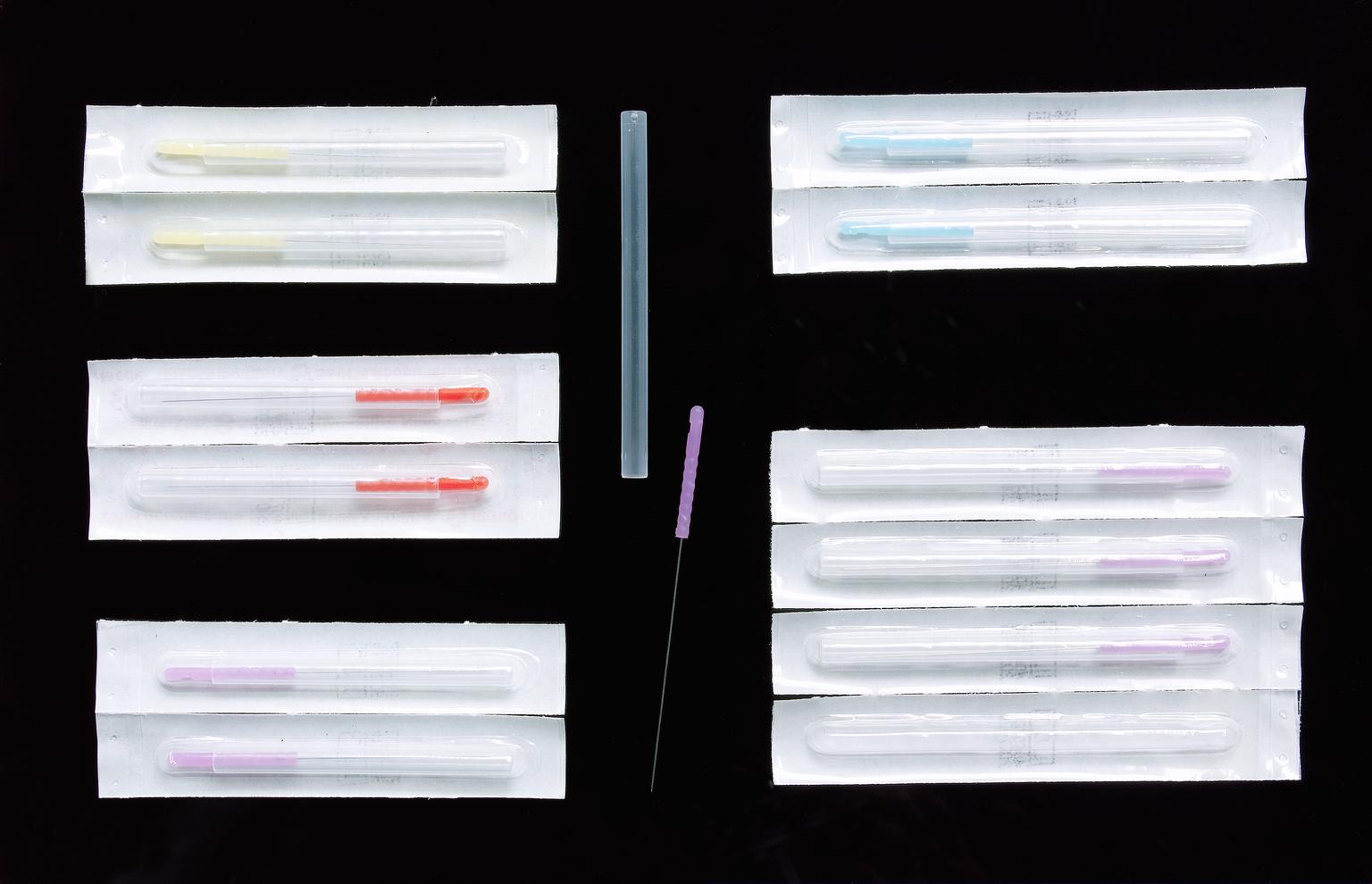Want to keep UTIs away? New study suggests acupuncture may help
Alternative medicine has been around for centuries, and even today it may have yet another use
K.R. Callaway • November 6, 2024

Although antibiotics are usually used to treat and prevent frequent UTIs, researchers say acupuncture could be another option [Credit: Dr Jonathan Freedman | CC BY-NC-SA 4.0]
Acupuncture might help prevent recurrent urinary tract infections (UTIs), a recent study suggests.
A combination of acupuncture and cranberry supplements was more effective at preventing UTIs in women than simply taking cranberry supplements alone, the study found.
As the first long-term study of acupuncture preventing UTIs, the study is “quite exceptional,” said Thomas Ots, one of the two lead study authors and a lecturer at the Medical University of Graz in Austria.
Study participants — 137 women who all experienced frequent UTIs without major medical complications — were randomly separated into two groups for the year-long study.
One group received cranberry supplements and two types of acupuncture: segmental acupuncture and auriculotherapy. The other group received cranberry supplements alone.
Segmental acupuncture involves placing thin needles on points connected by nerves to the same segments of the spinal cord as the areas of the body being treated. Auriculotherapy involves placing thin needles on the ear.
At the end of the study, 66% of women who received acupuncture and cranberry supplements were UTI-free, compared with 45% of women who received cranberry supplements alone. This result was statistically significant.
Researchers measured the number of UTI-free women halfway through the study, finding 59% of women who received acupuncture and cranberry supplements and 46% of women who received cranberry supplements alone were UTI-free. But these early results were not statistically significant — meaning that they could have been due to chance, according to the study’s statistical analysis.
Given the relatively small difference in effectiveness between acupuncture and cranberry supplements versus cranberry supplements alone, nephrologist Elisabeth Hodson from the Children’s Hospital at Westmead in Sydney, Australia — who was not involved in the work — questioned whether acupuncture was effective enough to justify the cost and effort.
The cost of acupuncture varies depending on insurance coverage, location and practitioner. First-time acupuncture treatments can range from $15 to $400, according to a 2019 study analyzing costs in U.S. cities. The study also found that most insurance plans do not cover acupuncture, so around 75% of patients pay for these services out of pocket.
Gerda Trutnovsky, another of the study’s authors and a gynecologist at the Medical University of Graz, said that price may be a barrier for people seeking acupuncture for UTIs in Austria, where the study was conducted — especially since most insurance plans do not cover it, much like in the U.S.
Still, many of the study participants expressed interest in continuing acupuncture treatment for their UTIs after the study ended, Trutnovsky said.
This study provided both acupuncture treatments and cranberry supplements for free to study participants, which, in addition to making acupuncture a more financially accessible treatment, Trutnovsky said may have also played a role in the cranberry supplements’ effectiveness.
“I think one reason why we had quite a really good result from the cranberries only group as well was that the patients received products for free, so they actually did take it for the whole six months,” Trutnovsky said.
Ots admitted using cranberry in both study groups was “maybe not right to do,” in hindsight, because the cranberry supplements were surprisingly effective.
When the study was designed, the Cochrane Review — a publication that evaluates and synthesizes existing research — of the effectiveness of cranberry supplements for UTIs was less definitive than it is now, according to Trutnovsky. The review at the time did not say whether cranberry supplements were beneficial for preventing UTIs.
Hodson, who worked on the Cochrane Review, said it was difficult to gauge the effectiveness of cranberries until recently. Earlier studies rarely accounted for the wide variety of cranberry products, each with different doses.
For that reason, “this was a really good study, I thought,” Hodson said. “It really stands out, away from all the other studies.”
Not satisfied with questions left about acupuncture’s effectiveness for preventing UTIs after the statistically insignificant result at six months, Ots said he is “very eager to go on” to future research. He plans for a larger study testing the effectiveness of acupuncture, ear acupuncture and cranberry supplements on UTI prevention, individually.